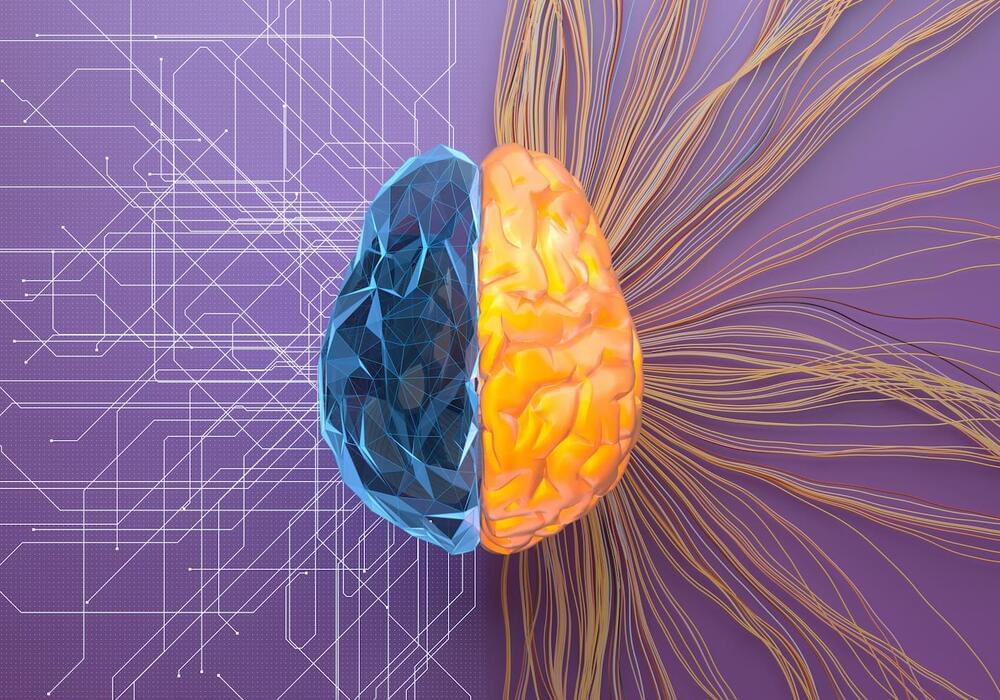What’s next? Human brain-scale AI.
Funded by the Slovakian government using funds allocated by the EU, the I4DI consortium is behind the initiative to build a 64 AI exaflop machine (that’s 64 billion, billion AI operations per second) on our platform by the end of 2022. This will enable Slovakia and the EU to deliver for the first time in the history of humanity a human brain-scale AI supercomputer. Meanwhile, almost a dozen other countries are watching this project closely, with interest in replicating this supercomputer in their own countries.
There are multiple approaches to achieve human brain-like AI. These include machine learning, spiking neural networks like SpiNNaker, neuromorphic computing, bio AI, explainable AI and general AI. Multiple AI approaches require universal supercomputers with universal processors for humanity to deliver human brain-scale AI.








